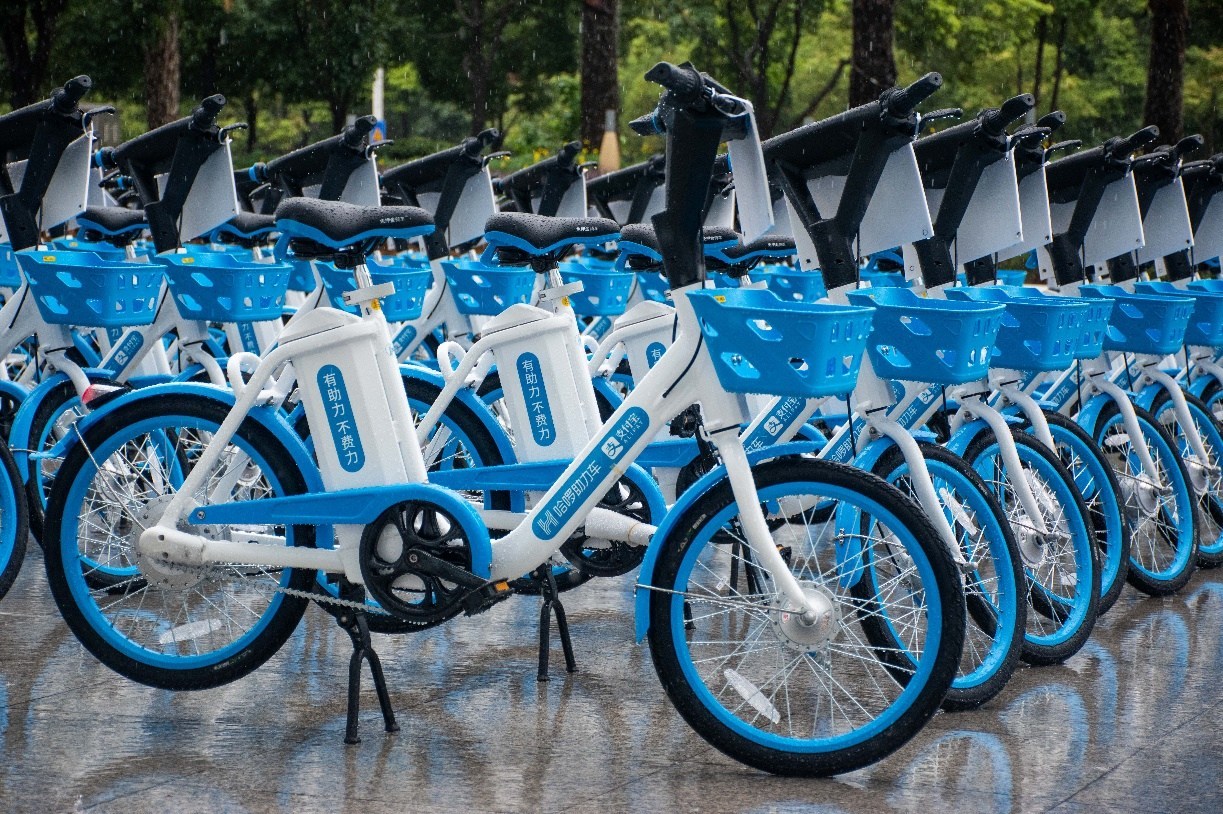In celebration of World Bicycle Day 2020, China’s two-wheel transport industry leader Hellobike announced a new strategy for China’s bike-sharing business to usher in the 3.0 era. In a break with the past, the transformation will see strengthened cooperation between Hellobike and municipal governments across China to integrate shared-bike services into a broader transportation network to build a greener and more convenient urban life.
The advent of the bike-sharing business in China fills a gap in service that maximizes efficiency and increased connectivity for urbanites. However, early cash-splurging and fierce competition caused transport issues and stalled the development of the industry.
Aiming to lead the first wave of transformation, Hellobike introduced the shared-bike services to China’s 3rd and 4th-tier cities. In 2018. Hellobike veered the industry into the “2.0 era” with tech-driven solutions and deposit-free scheme to offer users convenient on-demand transportation services in China.
“The strategy for the 3.0 era will see Hellobike leverage technological innovation and new business models to provide diverse two-wheeler travel options and a systematic mechanism to tackle operational challenges, parking management and the deployment and distribution of bikes,” said Kaizhu Li, Co-founder and Executive President of Hellobike.
Smart solutions lead the way for the next revolution
To facilitate the management of the shared bicycles and e-bikes Hellobike introduced Hello Brain, a smart transportation OS that incorporates big data, cloud computing, and AI-based technologies. Hello Brain 2.0 can monitor the distribution of dock-less and electric bikes in different areas, providing real-time updates to staff and the best redistribution solutions to balance the number of bikes and local parking capacity.
The system will also drive the application of Bluetooth road studs and self-adaptive electrical fences, which are designed to help cities manage the parking of shared bikes. Equipped with sensors powered by AI technology with neural network algorithms, the infrastructure is capable of detecting surroundings and the parking location of bikes. It can temporarily block the locking function and warn users to park their bikes in specific areas. The sensor boasts an accuracy rate higher than 95% during testing and has been employed in more than ten cities, including Shanghai and Beijing.
The fifth-generation Hellobike Yunxing debuted in Guangzhou this year features a refined GPS and Beidou satellite navigation that enable precise positioning and allow staff to find damaged bikes more quickly, significantly improving the operational and maintenance efficiency.
More Options with Diverse Shared Mobility Services
Hellobike is also preparing to offer flexible and diverse shared mobility services combining bicycles and pedal-assist e-bikes, providing safe, convenient and cost-effective travel options for people who need to take short trips.
This year, Hellobike rolled out Yunqi, the next-generation e-bike model equipped with the smart voice navigation system. The integrated Beidou satellite navigation system is powered by a chipset that enables precise navigation and positioning. Coupled with GPS and Wi-Fi, the e-bike provides the fastest route through the built-in voice system to help citizens focus on the road.
Aiming to build green, smarter and safer e-bike battery infrastructures, Hellobike has also formed a joint venture with Ant Financial, and battery maker Contemporary Amperex Technology Corp in 2019 with the aims to accelerate the R&D of the battery-swapping stations.














